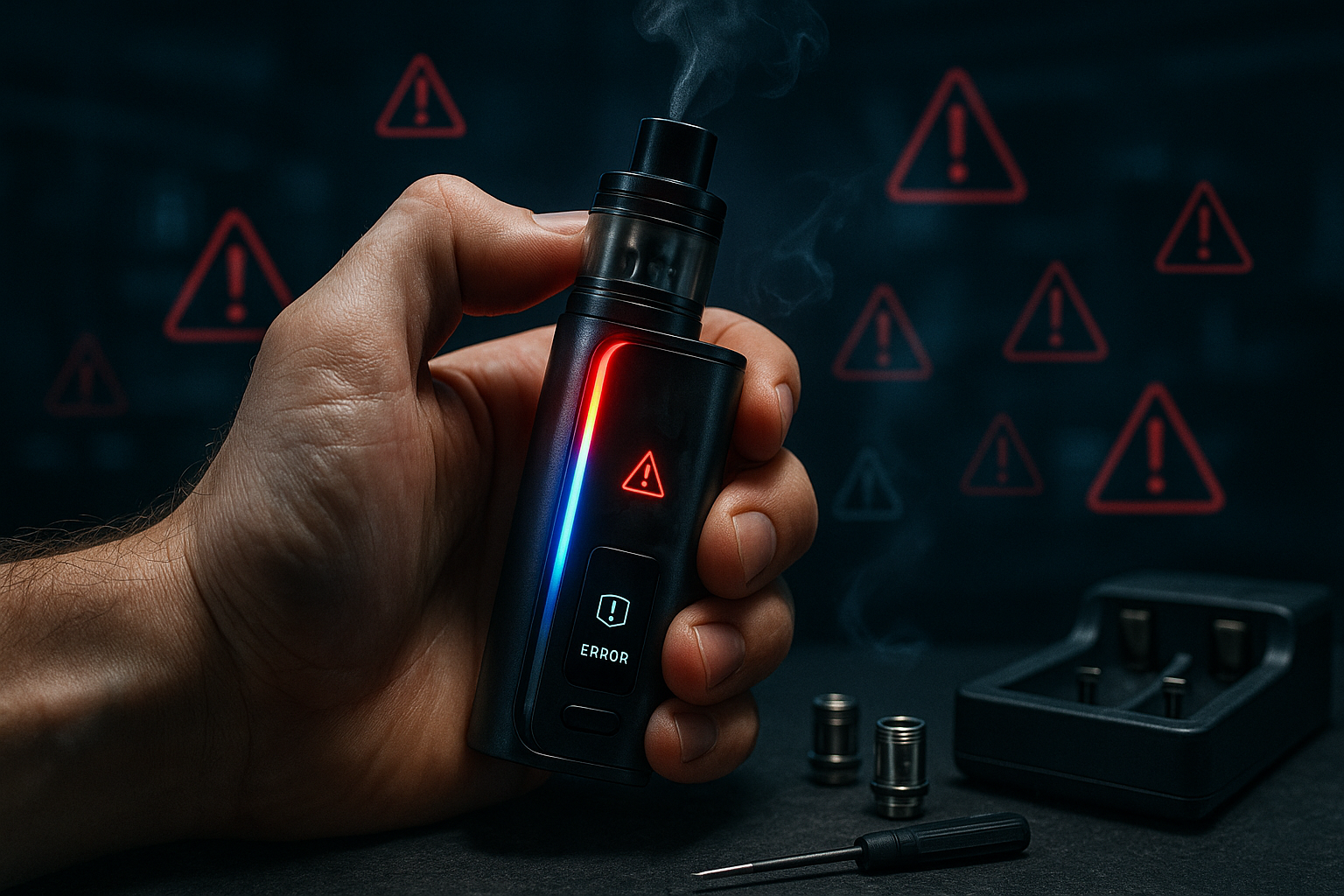
How to Avoid a Nursing Home Taking Your House: 7 Proven Strategies
When facing the prospect of long-term care, one of the biggest concerns for many Americans is: "Will a nursing home take my house?" This fear is well-founded, as the average cost of nursing home care now exceeds $9,000 per month, potentially draining life savings and putting your family home at risk. The good news? With proper planning, you can protect your most valuable asset while still getting the care you need.
This comprehensive guide explores the most effective strategies to shield your home from nursing home costs in 2024, helping you preserve your legacy for future generations.
Understanding the Threat: Can a Nursing Home Really Take Your House?
First, let's clarify an important point: nursing homes themselves don't directly "take" your house. Rather, the risk comes from Medicaid estate recovery after you've received benefits.
When nursing home costs deplete your savings, many seniors turn to Medicaid to cover care expenses. To qualify, you must meet strict asset limits—typically around $2,000 for individuals in most states. While your primary residence is usually exempt during the application process, Medicaid can place a lien on your home after your death through the Medicaid Estate Recovery Program (MERP).
"Estate recovery raises relatively few revenues: $733 million in 2019, which offset 0.1% of the over $600 billion that Medicaid spent in 2019," according to a 2024 report by the Kaiser Family Foundation.
Despite recovering only a tiny fraction of program costs, these recovery efforts can devastate families hoping to inherit the family home. Fortunately, with advance planning, you can legally protect your home while still qualifying for needed care.
Strategy 1: Purchase Long-Term Care Insurance
One of the most straightforward ways to protect your home is to avoid relying on Medicaid altogether by purchasing long-term care insurance.
Benefits of Long-Term Care Insurance:
- Covers nursing home care, assisted living, and home health care costs
- Preserves your assets, including your home
- Provides more care options than Medicaid
- Allows you to stay in your home longer with covered home care services
The ideal time to purchase this insurance is in your 50s or early 60s, when premiums are more affordable and before health issues might make you uninsurable. While premiums can be substantial, they're often less costly than losing your home to Medicaid recovery.
Strategy 2: Create a Medicaid Asset Protection Trust (MAPT)
A Medicaid Asset Protection Trust is one of the most powerful tools for protecting your home from nursing home costs.
How a MAPT Works:
- You transfer your home and other assets into an irrevocable trust
- You name a trustee (often an adult child) to manage the trust
- You can continue living in your home for life
- The assets in the trust are not counted for Medicaid eligibility after the five-year look-back period
"A more effective method for safeguarding your home is through a Medicaid Asset Protection Trust (MAPT). This trust allows continued residence in the home without disruption and protection of the home's value from Medicaid claims after five years," explains Landskind & Ricaforte Law Group.
The key advantage of a MAPT is that it protects not just your home but also any proceeds if the home is sold during your lifetime. However, timing is crucial—the transfer must occur at least five years before applying for Medicaid to avoid penalties.
Strategy 3: Establish a Life Estate
A life estate is a simpler alternative to a trust that can still protect your home from Medicaid recovery.
How a Life Estate Works:
- You deed your home to a beneficiary (typically an adult child) while retaining the right to live there for life
- You remain responsible for taxes, insurance, and maintenance during your lifetime
- Upon your death, the property automatically transfers to the beneficiary
- After the five-year look-back period, the home is protected from Medicaid recovery
While simpler than a trust, life estates have limitations. If the home is sold during your lifetime, you're entitled to a portion of the proceeds based on your life expectancy, which could affect Medicaid eligibility.
"A life estate allows a person to retain control of their home while designating beneficiaries who will inherit the property upon their death. This can help prevent the state from claiming the home after the life tenant's death, provided it is established at least five years before applying for Medicaid," according to Harbor Life Settlements.
Strategy 4: Transfer the Home to Exempt Individuals
Medicaid rules allow you to transfer your home without penalty to certain exempt individuals:
- Your spouse - Transfers between spouses are always exempt from penalties
- A child under 21 or who is blind or disabled
- A sibling with equity interest who lived in the home for at least one year before you entered a nursing home
- A caregiver child who lived in your home and provided care for at least two years, allowing you to stay out of a nursing facility
The caregiver child exemption is particularly valuable, as it allows an immediate transfer without waiting five years, provided you can document that the care prevented earlier nursing home placement.
Strategy 5: Purchase a Medicaid-Compliant Annuity
For married couples where one spouse needs nursing home care, a Medicaid-compliant annuity can be an effective strategy to protect assets, including the value of your home.
Requirements for a Medicaid-Compliant Annuity:
- Must be irrevocable and non-assignable
- Must provide equal payments (no balloon payments)
- Must be actuarially sound based on the purchaser's life expectancy
- Must name the state Medicaid agency as a remainder beneficiary
- Payments must begin immediately
This strategy works particularly well in "crisis planning" situations when nursing home care is imminent and there's no time to wait out the five-year look-back period.
"For an annuity to be Medicaid eligible or 'Medicaid-compliant,' it must fulfill the following requirements: The annuity must be irrevocable. The annuity must be non-assignable, meaning that only you and your Medicaid beneficiary have a direct interest in it," states Ricaforte Law.
Strategy 6: Implement a Care Agreement
A formal care agreement (also called a personal service contract) allows you to pay a family member—typically an adult child—for providing care services. This arrangement can help reduce your countable assets while compensating family members for their assistance.
Key Elements of a Valid Care Agreement:
- Written contract detailing specific services
- Payment rates consistent with market rates for similar services
- Detailed documentation of hours worked and services provided
- Payments reported as income by the caregiver
This strategy works best when implemented well before nursing home care is needed, as large lump-sum payments for future services may be scrutinized during the Medicaid look-back period.
Strategy 7: Consider Home Equity Conversion Options
If you're facing immediate care needs and haven't planned in advance, you might consider options that tap into your home's equity:
Reverse Mortgage:
- Allows homeowners 62+ to convert home equity into cash
- You can remain in the home without making monthly mortgage payments
- The loan becomes due when you move out, sell the home, or pass away
- Not ideal if you expect to need nursing home care soon
Sale-Leaseback Arrangement:
- Sell your home to an investor (often a family member)
- Lease it back to continue living there
- Provides immediate funds for care while allowing you to stay in your home
- Since the house is no longer in your name, it's protected from Medicaid recovery
The Critical Importance of Timing: The Five-Year Look-Back Period
Almost all Medicaid planning strategies are affected by the five-year look-back period. When you apply for Medicaid, any transfers of assets made within the previous five years are scrutinized, and uncompensated transfers can result in a penalty period during which Medicaid won't cover your nursing home costs.
"To effectively utilize trusts or life estates, initiate these strategies at least five years before needing Medicaid to avoid penalties," advises Jarvis Law Office.
This makes advance planning crucial. The earlier you implement these strategies, the more options you'll have to protect your home and other assets.
Special Considerations for Married Couples
Medicaid has special provisions for married couples when one spouse needs nursing home care (the "institutionalized spouse") while the other remains at home (the "community spouse"):
- The family home is exempt regardless of value as long as the community spouse lives there
- The community spouse can keep additional assets beyond the typical Medicaid limits (up to $154,140 in 2024 in most states)
- Income transfers may be allowed from the institutionalized spouse to the community spouse
These protections help ensure the community spouse isn't impoverished while paying for their partner's care. However, proper planning is still essential to maximize these protections and guard against estate recovery after both spouses pass away.
Consulting with Professionals: The Key to Successful Planning
Given the complexity of Medicaid rules and the significant assets at stake, professional guidance is essential. Consider consulting with:
- Elder law attorney specializing in Medicaid planning
- Financial advisor with experience in long-term care planning
- Tax professional to understand tax implications of various strategies
These professionals can help you develop a comprehensive plan tailored to your specific situation, state laws, and family needs.
FAQs About Protecting Your Home from Nursing Home Costs
Can a nursing home take my house if my name is still on the deed?
While you're alive, Medicaid generally can't force you to sell your home. However, after your death, Medicaid may place a lien on your house to recover costs paid for your care, unless you've implemented one of the protection strategies discussed above.
Does putting my house in my children's names protect it from nursing home costs?
Transferring your house to your children can protect it from Medicaid estate recovery, but only if the transfer occurs at least five years before applying for Medicaid. Transfers within the five-year look-back period will trigger a penalty period of Medicaid ineligibility.
Can I give my house to my children but continue living in it?
Yes, through either a life estate deed or an irrevocable trust. Both arrangements allow you to remain in your home for life while transferring ownership to your children. However, each has different implications for taxes, control, and Medicaid eligibility.
Will Medicare pay for long-term nursing home care?
No, Medicare only covers short-term skilled nursing care (up to 100 days) following a hospital stay of at least three days. It does not cover long-term custodial care, which is what most nursing home residents need.
Can I protect my house if I'm already in a nursing home?
Yes, but your options are more limited. Crisis planning strategies like spousal transfers, Medicaid-compliant annuities, and certain exempt transfers may still be available. Consult with an elder law attorney immediately to explore your options.
Conclusion: Proactive Planning Protects Your Legacy
Your home represents more than just financial value—it embodies years of memories and may be the most significant asset you hope to pass on to your children. With nursing home costs continuing to rise, protecting this asset requires careful planning and professional guidance.
The strategies outlined in this article—from Medicaid Asset Protection Trusts to long-term care insurance—provide effective ways to shield your home from nursing home costs while ensuring you receive the care you need. The key is to start planning early, understand the rules in your state, and work with qualified professionals to implement the right strategy for your situation.
By taking proactive steps today, you can protect your home and preserve your legacy for future generations, regardless of what healthcare needs arise in the future.
Reviewed and Updated on February 10, 2026 by George Wright


